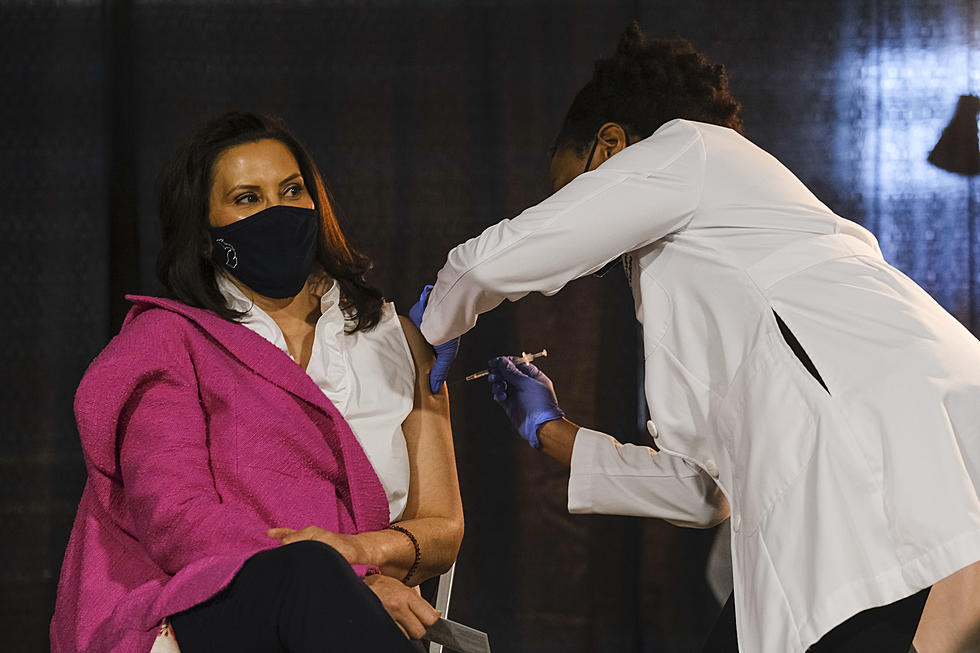
Whitmer Urges Back To Virtual Classes, No Sports As Covid Returns
While not making it mandatory, Michigan Governor Gretchen Whitmer is "strongly urging" that high schools return to virtual learning immediately, that kids sports be put on hold temporarily (two weeks), and that Michiganders only eat at restaurants with outdoor seating, for the time being, as Michigan leads the country with this latest Covid and variant spike.
"To be very clear, these are not orders, mandates or requirements," Whitmer said of her requests to schools, athletes and restaurants. "A year in, we all know what works and this has to be a team effort. We have to do this together. Lives depend on it." - Michigan Governor Gretchen Whitmer via the Detroit News.
The virtual learning request is a non-issue with Kalamazoo Public Schools, which has opted to stay virtual for the remainder of the school year and is the only school district in Kalamazoo County to do so.
The sports pause comes as a lawsuit has been filed to cut mandatory testing amongst athletes.
The dining question is a difficult one, with legitimate arguments on both sides. However, Bell's Eccentric Cafe made their decision soon after the governor spoke.
Following this morning’s comments from Governor Whitmer regarding the rise of COVID-19 cases in Michigan, we are following her recommendation to suspend indoor dining for at least the next two weeks. The Eccentric Café will continue to serve beer and food outside in the Beer Garden, and we will reevaluate opening indoor dining as conditions improve across the state. - Bell's Eccentric Cafe on Facebook
Interviewed on CNN earlier this week, Whitmer said the state's problem is not policy, but of people not complying with the existing policies and, of moving around and spreading germs.

LOOK: The Most Famous Actor Born Every Year
LOOK: The most expensive weather and climate disasters in recent decades
More From WKFR









